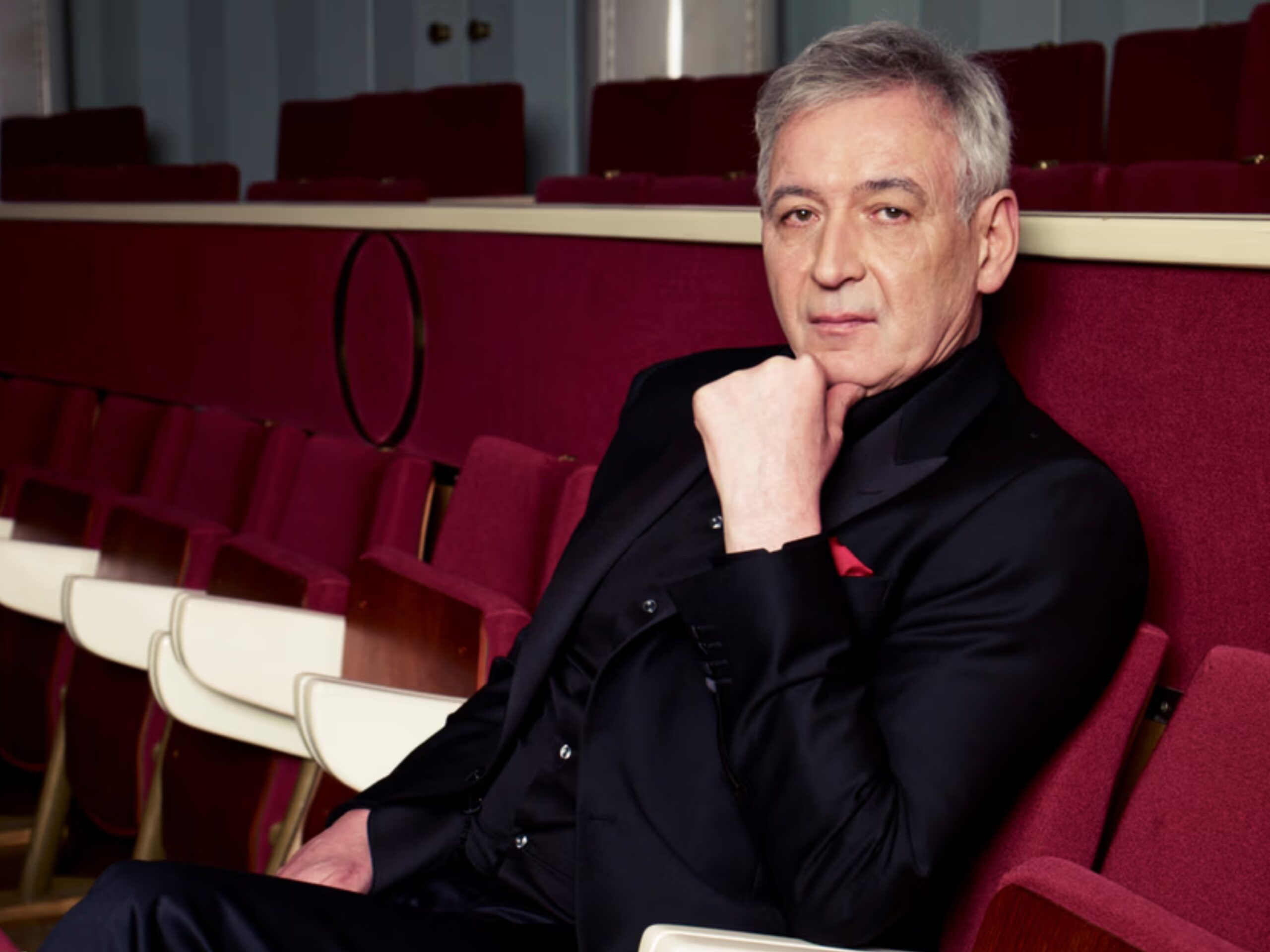Waldemar Dąbrowski
Director of Student Rebellion and Culture



A culture manager, curator of great ideas, and creator of artistic spaces that are reshaping the Polish cultural scene. From the legendary Riviera Remont club, through managing the country’s leading cultural institutions, all the way to directing the Grand Theatre – National Opera.
The story of Riviera Remont club as a forge of artistic revolutions
Before Waldemar Dąbrowski became one of the most influential figures in Polish culture, before he brought the National Opera to the world stage,
and before he shaped the institutional face of Polish art, he was the one who ignited the flame of student counterculture. In the 1970s, when the streets of Warsaw pulsed with the ferment of ideas and the thirst for freedom, he gave rhythm to the Riviera Remont club, turning it into an icon of independent thought, art, and rebellion.
Remont – more than a club, more than a stage
Today, the name Riviera Remont is known to anyone even slightly interested in the history of Polish music and counterculture. But back then, in times of censorship, restrictions, and gray monotony, it was more than just a student club. It was a place where new movements in art, music, theater, and literature were born. It was a center of artistic resistance, where creative freedom clashed with the reality of the People’s Republic of Poland, and where the boldest stage and musical experiments met with the enthusiasm of young people searching in art for more than just escapism.
It was under the leadership of Waldemar Dąbrowski that the club became a legendary place, not only for students of the Warsaw University of Technology, where it was based, but for the entire artistic bohemia. On Remont’s stage appeared musicians whose names are now etched into the history of Polish alternative, jazz avant-garde, and progressive rock. This is where the giants began—this is the stage where the early line-ups of bands performed, bands that would go on to permanently transform Polish music.


Rebellion and culture in the same rhythm
Dąbrowski didn’t just organize concerts—he created a space for free thought, a space where different communities could meet: artists, musicians, poets, journalists, and anyone who wanted to be part of something bigger. During his tenure, Riviera Remont drew people in like a magnet, not only with its program, but with its atmosphere of informality, openness, and creative chaos.
His vision went beyond the traditional idea of a student club — it wasn’t just a place for dancing or chatting over a beer.
It was a living experimental stage where pioneering forms of theater and music found room to grow. Performance art, happenings, jazz, rock, and punk concerts — all of it coexisted in one eclectic melting pot, creating something that couldn’t be found anywhere else in the People’s Republic of Poland.
A forge for future cultural leaders
One cannot overlook another crucial aspect: Riviera Remont also became an incubator for future giants of Polish culture. Dąbrowski created an environment where young artists could experiment and present their work, and many of them later became key figures on the Polish artistic scene. At Remont, paths crossed between people who would go on to set trends, manage cultural institutions, form legendary bands, and transform the face of Polish art.
Many would have been content ending their careers with this chapter—securing their place in history as legends of the independent student scene.
But Waldemar Dąbrowski was just getting started. Riviera Remont was the first act in a grand performance that would unfold throughout his life.
It was there that he learned how to manage culture, build teams, create large-scale events, and understand that art is not only about beauty—it’s also a manifesto, a revolution, and a dialogue with reality.
And so, from a basement club full of ideas and music, he moved toward the grand halls of opera. But the spirit of those years—that freedom, that energy, that creative chaos—stayed with him forever.
Today, Waldemar Dąbrowski is a figure whose name is unmistakably associated with the Grand Theatre – National Opera. As its director—and formerly as Minister of Culture—he not only continues the mission of bringing Polish art to international stages, but also ensures that opera in Poland is not merely a relic of the past, but a living organism, constantly evolving and open to new generations of audiences.
In one interview, he emphasized the fundamental role of the audience in the world of art:
“A theatre without an audience is, of course, an incomplete being.” – Waldemar Dąbrowski (i.pl)
That sentence encapsulates his philosophy: art does not exist in a vacuum, but in a relationship with the audience. And that’s precisely why—whether he was organizing concerts for young rebels in the 1970s, or now managing one of Europe’s most important cultural institutions—his mission remains unchanged: to create a space where culture lives, breathes, and engages.
Photo credits – Cz. Czapliński and Viva!